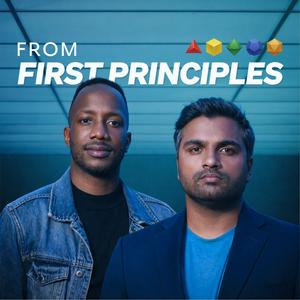Hosted by Lester Nare and Krishna Choudhary, this episode is a full-spectrum moonshot: why Artemis II matters, how the mission actually works (SLS, Orion, translunar injection, free-return trajectories), and a first-principles teardown of the most common Apollo “hoax” claims—Van Allen belts, waving flags, shadows, and “why aren’t there stars?”
We also run a quick Rundown of wild science headlines (ancient cave art, elevation-dependent warming, dogs and vocabulary, and peptide bonds in deep space), before coming back to the core question: what it takes to send humans safely around the Moon—again.
Summary
Artemis II mission profile — what “free return” means, why TLI timing matters, and what Orion is doing in high Earth orbit before the Moon.
SLS vs Saturn V — the engineering and risk trade-offs behind modern human-rated heavy lift.
Apollo myths, explained — radiation belts, camera exposure physics, and why the “flag,” “shadows,” and “no stars” arguments don’t survive basic mechanics and optics.
Proof Apollo happened — retroreflectors, orbital imagery, and the reality that the world was watching.
Show Notes
NASA Artemis Program
NASA Orion Spacecraft
NASA Space Launch System (SLS)
NASA Apollo 11 Mission Overview


